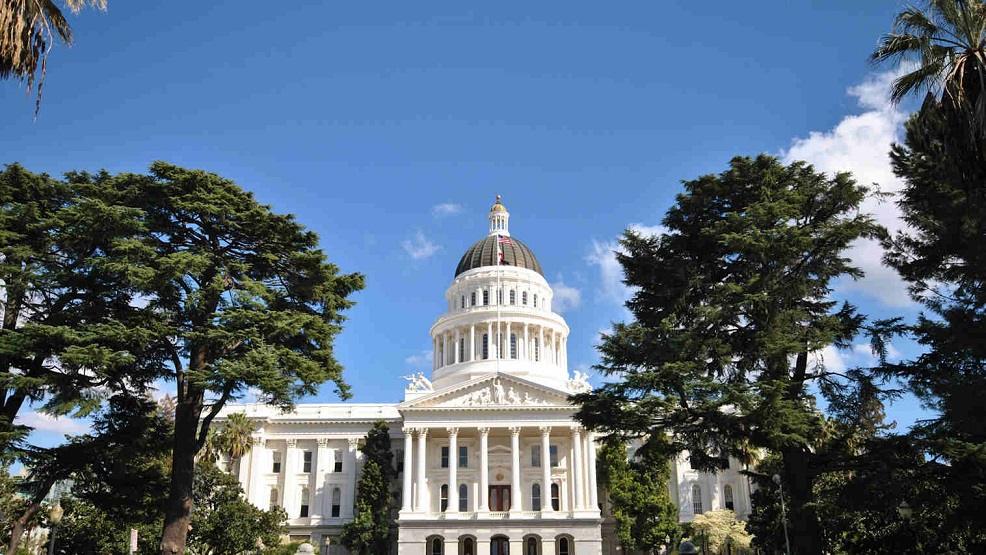
California Lawmakers Threaten Regulator over Delayed Enforcement of Climate Reporting Law

California State Senators Scott Wiener and Henry Stern, authors of recently-passed legislation requiring large companies to disclose their value chain emissions and report on climate-related financial risks, have sent a letter to the California Air Resources Board (CARB), threatening the regulator with legislative oversight hearings over its plans to delay enforcement of the new climate reporting regulation.
The letter follows the release of an enforcement notice earlier this month by CARB, the regulator charged with developing and enforcing the new climate reporting regulations, announcing that it will ease the new emissions reporting requirements and not pursue enforcement action in the first year of reporting, in order to give companies more time to prepare to comply with the new rules, as long as companies make good-faith efforts at compliance.
Wiener and Stern are the authors of SB 253, the “Climate Corporate Data Accountability Act,” and SB 261, “Greenhouse gases: climate-related financial risk,” respectively. SB 253 requires companies with revenues greater than $1 billion that do business in California to report annually on their emissions across Scopes 1, 2 and 3. SB 261 applies to U.S. companies that do business in California and with revenues greater that $500 million to prepare a report disclosing their climate-related financial risk, as well as measures to reduce and adapt to that risk.
The laws were approved by California Governor Gavin Newsom in 2023, although the Governor at the time expressed concerns about the timeline of the new regulations, and subsequently proposed pushing back the disclosure deadlines. Earlier this year, the new regulations were signed into law as SB 219, retaining most of the original starting dates for reporting, but slightly easing Scope 3 emissions reporting timing according to a schedule to be specified by CARB, and delaying the deadline for CARB to develop and adopt the regulations requiring companies to report on their Scope 1, 2, and 3 emissions by six months to July 1, 2025.
Under the new law, companies will be required to begin reporting on Scope 1 and 2 emissions in 2026, covering the prior fiscal year, and on broader value chain Scope 3 emissions in 2027. Applying to companies that do business in California, the regulations effectively introduce climate reporting obligations for most large businesses in the U.S.
In its enforcement notice this month, however, CARB said that it “recognizes that companies may need some lead time to implement new data collection processes” in order to fully report on their Scope 1 and 2 emissions, and announced that it “will exercise its enforcement discretion,” including allowing companies to report Scope 1 and 2 emissions in the first year based on data “that can be determined from information the reporting entity already possesses or is already collecting,” as long as the companies are demonstrating good faith efforts to comply with the new law.
Additionally, CARB added that it won’t take enforcement action for incomplete reporting in the first year, “as long as the companies make a good faith effort to retain all data relevant to emissions reporting for the entity’s prior fiscal year.”
In their letter to the regulator, Wiener and Stern call CARB’s notice “unacceptable,” stating that it “does not appear to require full compliance with the law.” The senators added that they are “beyond frustrated” that the regulator has yet to even post job descriptions to fill positions for staff needed to craft and implement the legislation, despite being allocated $8.4 million in June 2024 for implementation of the new regulation, and warned CARB that if it doesn’t take steps to implement the law, they will “look to bring CARB leadership before the Legislature for Oversight hearings in 2025.”
The letter added:
“As we prepare for a new federal Administration that has expressed open hostility to climate action in general and corporate emissions disclosure requirements specifically, it is critical that this landmark policy proceed in a robust and timely manner to preserve California’s historic role as a leader and a backstop in the fight against the climate crisis.”